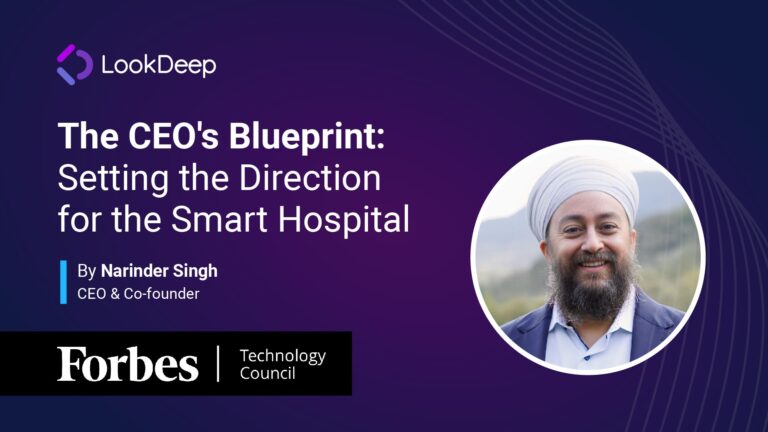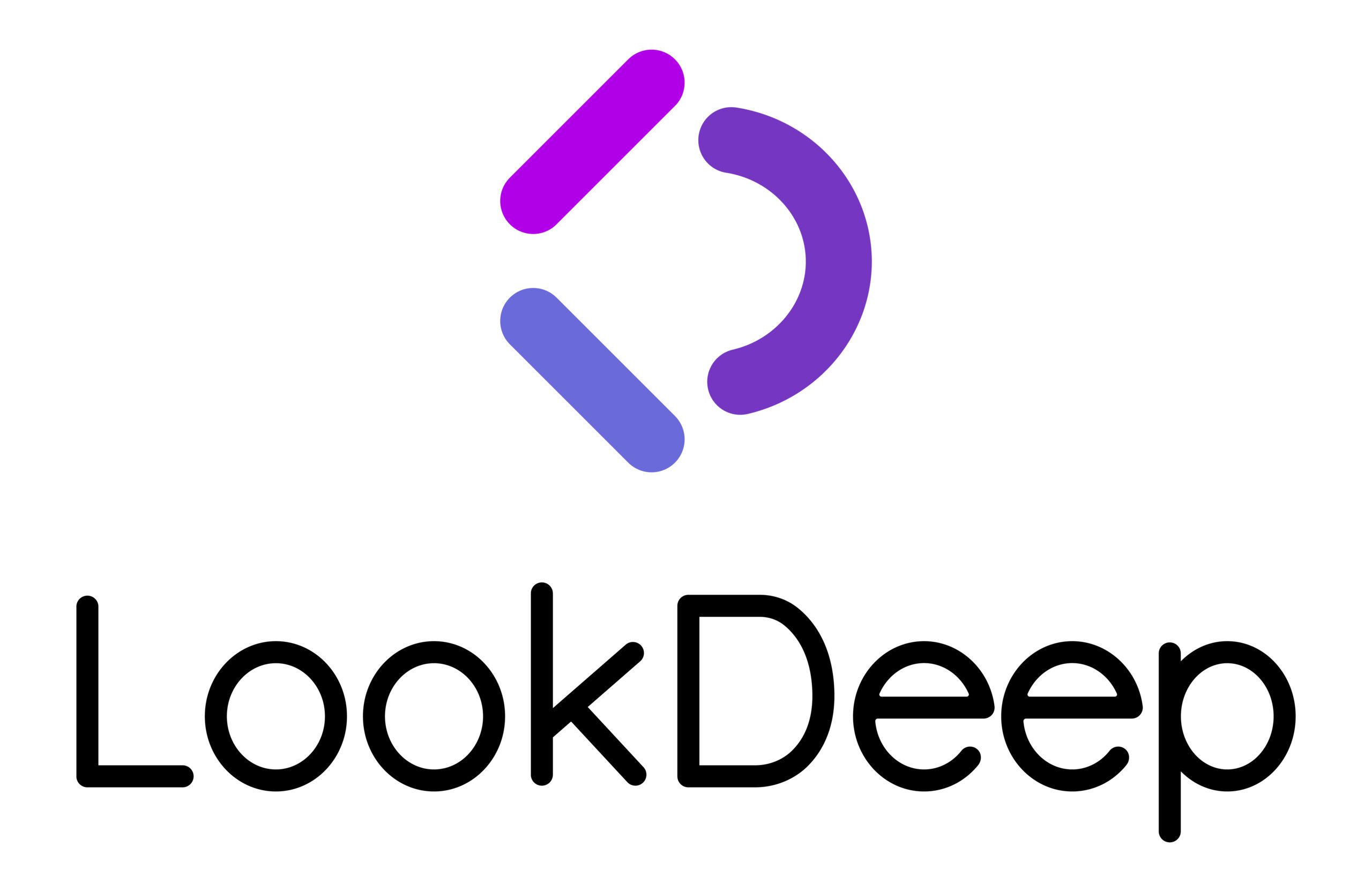In a recent Forbes byline, LookDeep CEO Narinder Singh discussed the transition to Smart Hospitals, driven by AI, representing a significant evolution in healthcare. For hospital CEOs, successfully implementing AI requires a focus on actionable results, evidence-based strategies, and a commitment to innovation that enhances patient outcomes and reduces costs, ultimately transforming them into visionary leaders in the healthcare landscape.
The Rise of the Smart Hospital: AI in Healthcare
The concept of a Smart Hospital has evolved from simply being connected to becoming truly intelligent through the application of AI. This transition mirrors our everyday advancements—smart homes, cities, and devices—yet, AI’s role in hospitals is more profound.
AI’s Impact on Hospital Leadership
Just as our brain processes the data collected by our senses, AI in healthcare processes the vast amounts of data from patients, empowering medical teams to respond faster and more effectively.
For hospital CEOs, the challenge of implementing AI is far greater than adopting electronic health records (EHR). AI promises to transform care models and financial strategies, particularly critical for rural hospitals trying to maintain care at reduced costs. This ambition demands actionable results, and CEOs must ensure that innovations like AI genuinely reduce healthcare costs while enhancing patient outcomes.
Real-Time Benefits of AI in Healthcare
AI’s potential is vast, from preventing falls to monitoring medication responses in real-time. The goal is not futuristic—it’s happening now, as AI-enabled cameras and sensors help hospitals gain awareness of patient needs without relying solely on expensive smart devices.
Leadership must focus on openness and evidence-based strategies. The free market, not top-down mandates, drives innovation. Drawing lessons from industries like cloud computing, healthcare leaders must prioritize solutions that deliver proven value, step by step, before committing to widespread changes.
Ultimately, the Smart Hospital doesn’t reduce human interaction but enhances it, ensuring nurses and doctors are equipped with the right information at the right time. This AI-driven future promises smarter, more compassionate healthcare, transforming CEOs from managers to visionaries in patient care.
Discover more in Singh’s full article on Forbes.


